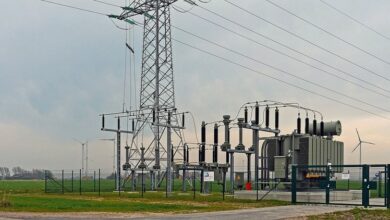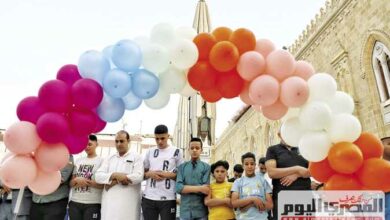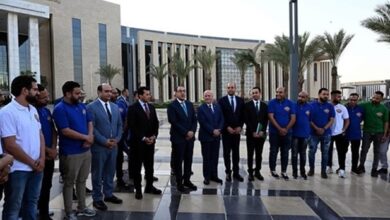Military police, Central Security Forces and civilian supporters forcibly opened Tahrir Square to traffic Monday afternoon, tearing down tents and dispersing a sit-in protest that began on 8 July.
At around 2:45 pm, armored personnel carriers (APCs) entered the square from the north entrance and were pelted with rocks and pieces of cement by a group of teenagers inside the square. The APCs retreated after they were held up at the entrance to the square but then entered through a side street.
Eyewitnesses said army forces fired warning shots in the air, and protesters responded by hurling stones.
Once the military had gained access to the square, they began to destroy the camp belonging to protesters, pulling down tents and destroying property. Plain clothes officers carrying automatic weapons roamed the area, while armored military vehicles and Central Security Forces vehicles were positioned at the entrances to the square.
The Front to Defend Egypt Protesters, an activist group, released a statement on its website listing the names of 24 protesters who they say were arrested. Five other people, including a 9 year old and a 12 year old, are missing, according to the Front. Three members of the Democratic Front Party were arrested, according to a party spokesperson.
As the military operation got underway, local business owners crowded around cheering in support.
“This is what you should have done three weeks ago,” one man yelled at the army.
In front of the Mugamma government building, martyrs' families refused to leave and began to chant that they wanted retribution for their slain relatives.
"Either we get their rights or we die like them," the families and sympathizers chanted.
A group quickly formed around them, attempting to drown them out by chanting, "The people and the army are one hand," a common refrain from the 18-day uprising in January and February, when protesters tried to gain the military’s support against now-deposed President Hosni Mubarak.
Civilians, many armed with clubs, rushed into the square to tear down the tent city that had been in place since early July, when protesters and families of those killed during the uprising started a sit-in to pressure the ruling military council to bring their killers to justice.
When asked why the military had directed the civilians to enter the square, a soldier told Al-Masry Al-Youm, “To let the people help the army.”
“They entered and they destroyed the tents while we were inside,” said Galal Faisal, whose brother Nasser was killed outside the Imbaba police station in January. “We had old women and mothers of martyrs with us and they had to run away.”
“I am happy this happened to show how the people and the army are united against the martyrs’ families,” Faisal said. He also said he plans to file a lawsuit against the army for the attack.
The military seemed determined to prevent images of the forceful clearing of the square from getting out. Amina Ismail, a freelance journalist, was taking photos with her cell phone outside of the Mugamma building when a military police officer told her that it was forbidden to take photographs.
“This is now a military area,” Ismail recalls the officer saying.
Later on, as she was taking pictures of soldiers beating activists and the families of martyrs, a man in civilian clothes held his hand in front of her phone to prevent her from taking pictures. “This is how you talk to them,” the man told the military.
When Ismail began to videotape the military beating a civilian with clubs, a group of soldiers surrounded her as though they were about to beat her. A lieutenant told her he would take her phone and delete the pictures.
When Ismail asked under what law the officer wanted to erase her pictures, he responded, “Under my law.”
Another soldier then hit her hand, and passed the telephone to a second officer who threw it on the ground, where soldiers destroyed it with their boots.
“Those soldiers have lots of weapons and they are afraid of a phone?” Ismail said.
Later in the afternoon, around 100 people began a march around the downtown Cairo area, condemning the attack on the square and chanting against the Supreme Council of the Armed Forces. The demonstrators said that since they were not allowed into the square they would march nearby.
On Sunday, 29 political groups announced that they would suspend their sit-in during the holy month of Ramadan, which started today, leaving relatively few demonstrators camping in the square.




